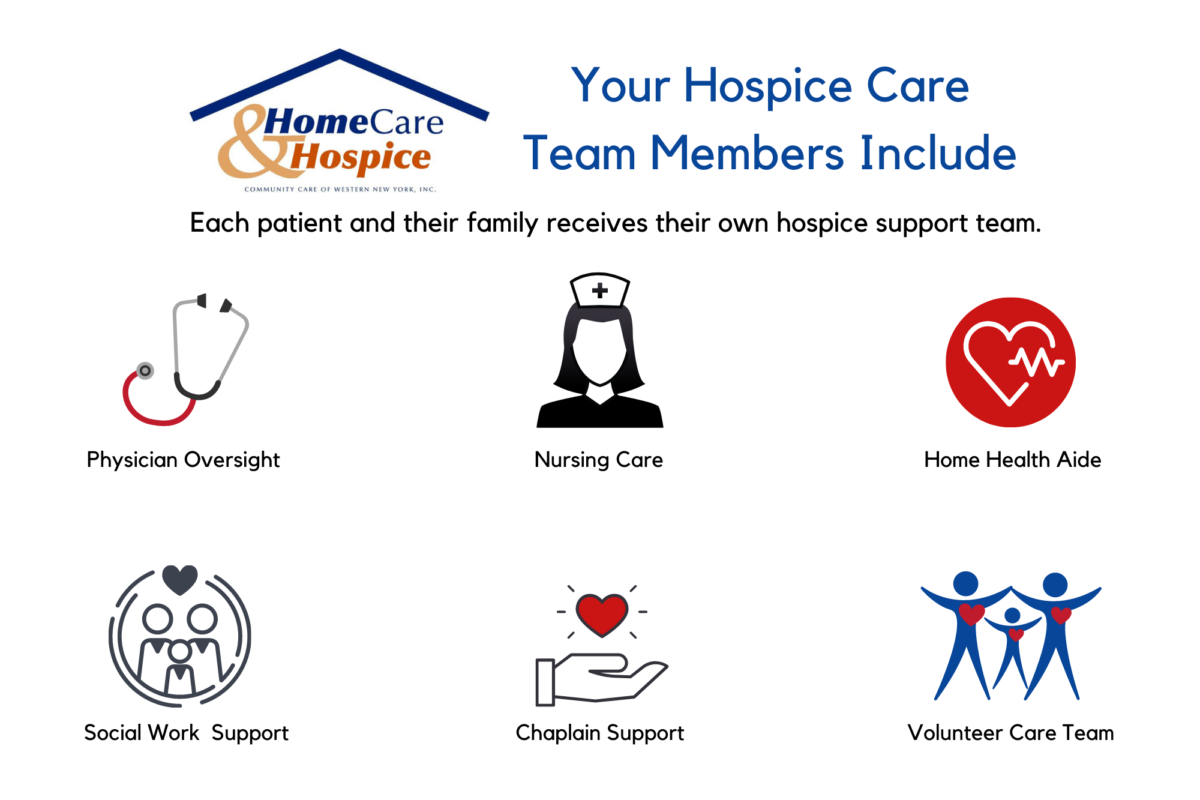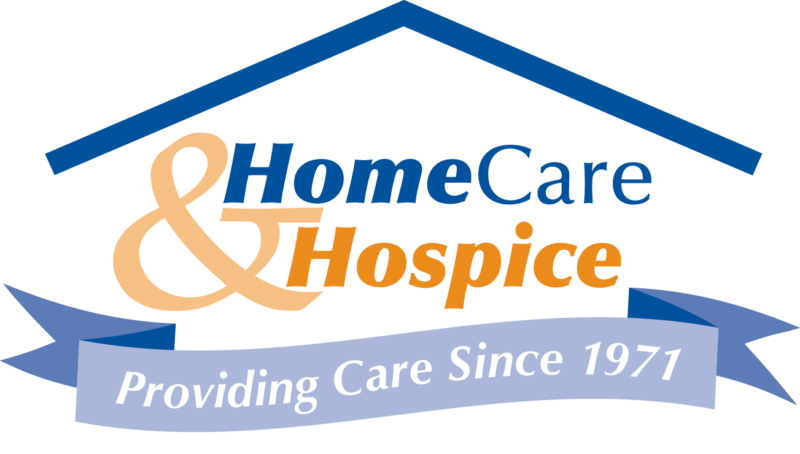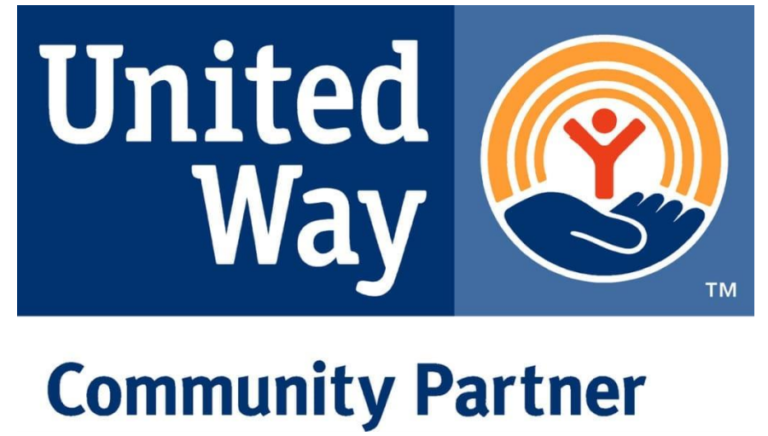HOSPICE
Moments That Matter. Care That Counts.

About hospice
Our hospice program provides medical care and emotional support for patients and their families coping with life-limiting illness.
Registered Nurses
Provide special hospice care. A registered nurse is available 24 hours a day to take your call. Our compassionate nurses are highly trained to: assist in patient’s plan of care and track disease progression, answer questions and offer emotional support, assess patients and consult with physicians, provide pain and symptom control.
Clinical Services
Compliment existing care. Hospice medical director offers additional expertise in symptom management.
Social Workers
Meet with patients and their families to assist with emotional stress of illness and care giving. They answer questions, advance directives and community organizations and help in understanding and completing forms.
Spiritual Care
Meet with patients and families upon request to provide spiritual and emotional support.
Hospice Aides
Provide personal care and individual attention to patients
Volunteers
Visit with patients and provide relief for family members.
Anyone can make the call
Anyone can make the first call to hospice- a doctor, nurse, hospice discharge planner, friend, family member or the patient.
Is it time for hospice care?
The decision to receive Hospice services can begin when a patient’s physician determines that the patient’s life expectancy is six months or less. However, hospice care does not end after the initial six-month period, if it is still needed. Patients are constantly re-evaluated and care can extend as long as patients are being served appropriately under their hospice benefit.
Patients and families can initiate discussions about hospice care with their physician. Often physicians will welcome the opportunity to have a conversation about hospice, especially if the patient initiates it.
Does it seem that treatment is no longer helping?
Are there repeated visits to the ER or hospital? Is there increased shortness of breath, fatigue, pain, or nausea?
Does the patient seem more distant, withdrawn or sleeps a lot?
Is the process of caregiving becoming overwhelming?
Are there repeated visits to the ER or hospital? Is there increased shortness of breath, fatigue, pain, or nausea?
Does the patient struggle more and more with activities like walking, eating, bathing, dressing or going to the toilet?
Is the process of caregiving becoming overwhelming?
Do members of the family seem to need emotional support to cope with the situation and decline in the patient’s condition?
Is the caregiver feeling isolated? Would it seem beneficial to have someone to talk to?
Would it seem beneficial to have someone to talk to?

Your Hospice Care Team
Your interdisciplinary team meets weekly to discuss patient's needs and any updates. The team includes, our medical director, nursing staff, spiritual care, social work and our volunteer coordinator.

